Xanax: Understanding the Benzodiazepine, Addiction, and Recovery
Welcome to Mountain’s Edge Recovery, a trusted resource for individuals and families seeking information and support for substance abuse and addiction issues. In this article, we will delve into the world of Xanax, including what it is, its effects on the brain, its role in substance abuse, causes and risk factors, the DSM-5 criteria for Xanax addiction, side effects of Xanax addiction, withdrawal symptoms, and available treatment options.
What Is Xanax?
Xanax, also known by its generic name alprazolam, is a prescription medication classified as a benzodiazepine. It is commonly prescribed to treat anxiety and panic disorders due to its calming and sedative effects. Xanax acts on the central nervous system, producing a relaxing and tranquilizing effect.
Effects of Xanax on the Brain
Understanding how Xanax affects the brain is crucial:
- Calming and Relaxing: Xanax enhances the effects of a neurotransmitter called gamma-aminobutyric acid (GABA), which inhibits brain activity, leading to a sense of calm and relaxation.
- Rapid Relief: Xanax’s effects are fast-acting, making it effective for acute anxiety and panic attacks.
- Risk of Tolerance: Over time, the brain may become tolerant to Xanax, requiring higher doses for the same effect.
- Dependence: Long-term use can lead to physical and psychological dependence on Xanax, with withdrawal symptoms when not using the drug.
Xanax and Substance Abuse
Xanax’s calming effects and the potential for tolerance and dependence make it a significant contributor to substance abuse issues:
- Gateway to Addiction: Xanax use can lead to benzodiazepine addiction, and individuals may turn to other substances when Xanax becomes unavailable.
- Misuse and Dependence: Some individuals misuse Xanax by taking higher doses than prescribed or using it recreationally, increasing the risk of dependence.
- Health Risks: Prolonged Xanax use can result in cognitive impairment and physical health problems.
Causes and Risk Factors
Several factors contribute to the development of Xanax addiction:
- Prescription Medication: A legitimate prescription for Xanax increases the risk of misuse and dependence.
- Genetics: A family history of addiction can increase the risk of Xanax dependence.
- Co-occurring Disorders: Underlying mental health issues, such as anxiety or depression, may contribute to Xanax misuse as a form of self-medication.
- Social and Peer Influence: Peer pressure and a social environment where drug use is prevalent can encourage Xanax abuse.
DSM-5 Criteria for Xanax Use Disorder
The Diagnostic and Statistical Manual of Mental Disorders (DSM-5) outlines criteria for diagnosing Xanax Use Disorder. A diagnosis may be made if an individual meets at least two of the following criteria within a 12-month period:
- Taking Xanax in larger amounts or for longer periods than intended.
- Unsuccessful attempts to cut down or control Xanax use.
- Spending a significant amount of time obtaining, using, or recovering from the effects of Xanax.
- Craving or a strong desire to use Xanax.
- Failure to fulfill major role obligations at work, school, or home due to Xanax use.
- Continued Xanax use despite social or interpersonal problems caused or exacerbated by its effects.
- Giving up or reducing important social, occupational, or recreational activities because of Xanax use.
- Using Xanax in situations where it is physically hazardous.
- Continued Xanax use despite knowing it is causing or worsening a physical or psychological problem.
- Tolerance, as defined by needing more Xanax to achieve the desired effect or experiencing reduced effects when using the same amount.
- **Withdrawal symptoms when not using Xanax.
Side Effects of Xanax Addiction
Xanax addiction can lead to numerous detrimental side effects, including:
- Cognitive Impairment: Long-term use can result in memory problems, impaired judgment, and difficulties with concentration.
- Mental Health Challenges: Users often experience depression, anxiety, and mood swings.
- Physical Health Decline: Prolonged Xanax use can result in respiratory problems and an increased risk of accidents and falls.
- Social Isolation: Xanax addiction can strain relationships and lead to social withdrawal.
- Legal and Financial Consequences: Activities associated with drug use may result in legal issues and financial instability.
Withdrawal Symptoms
When individuals with Xanax addiction attempt to quit or reduce their use, they may experience withdrawal symptoms, which can be highly uncomfortable and challenging to endure. These symptoms may include:
- Anxiety and panic attacks
- Insomnia and sleep disturbances
- Sweating and tremors
- Increased heart rate and blood pressure
- Irritability and agitation
- Muscle pain and tension
- Intense drug cravings
Treatment for Xanax Use Disorder
Mountain’s Edge Recovery offers comprehensive, evidence-based treatment for individuals struggling with Xanax addiction. Our programs address the physical, psychological, and social aspects of addiction and recovery.
Our treatment options may include:
- Medical Detoxification: Supervised withdrawal management to ensure safety and comfort during the detox process.
- Counseling and Therapy: Individual and group therapy to address the underlying causes of addiction and develop coping strategies.
- Medication-Assisted Treatment: Medications to manage cravings and withdrawal symptoms, when appropriate.
- Holistic Approaches: Incorporating mindfulness, fitness, and nutrition into treatment plans.
- Aftercare and Support: Ongoing support and relapse prevention strategies to promote long-term recovery.
If you or a loved one is struggling with Xanax addiction, please reach out to Mountain’s Edge Recovery. We are here to provide guidance and support on your journey to recovery, offering hope and a brighter future. Contact us today to take the first step toward a healthier, addiction-free life.

